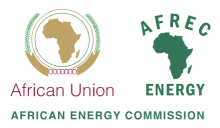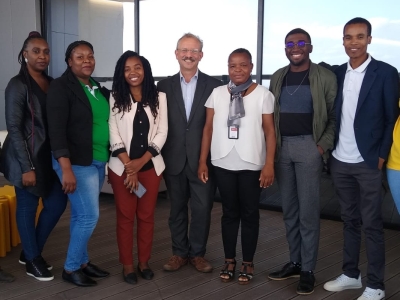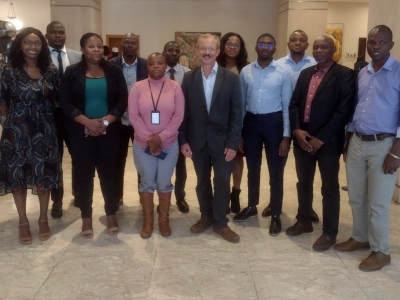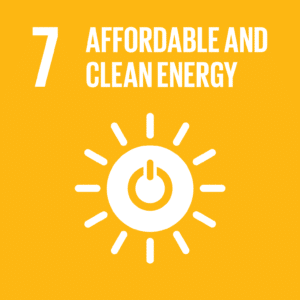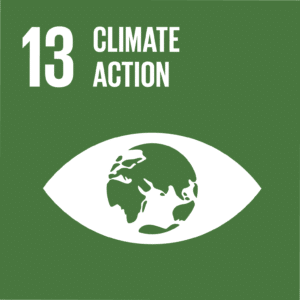Strengthening the energy sector in Mozambique with support of the NDC Support Center
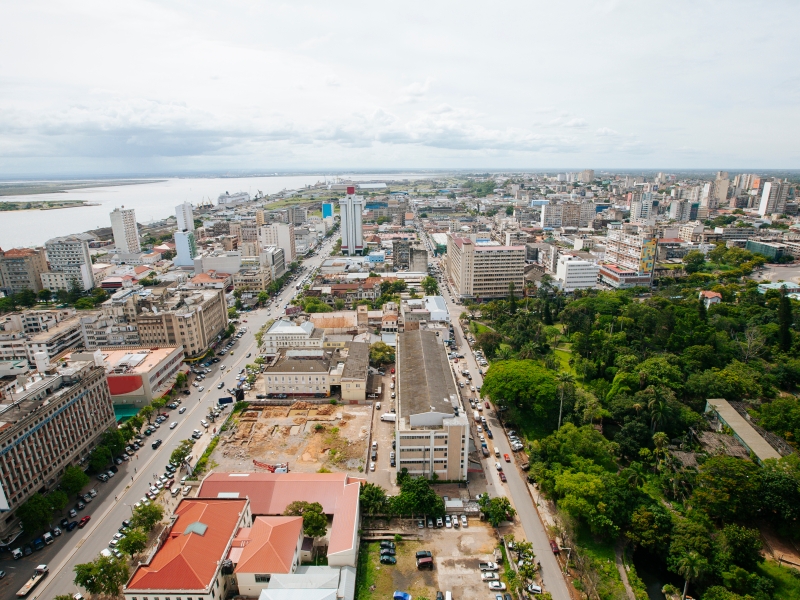
Enabling Mozambique to monitor and report its own NDCs
During the 21st COP in 2015 in Paris, 196 nations agreed to limit global warming to well below 2°C. During the signing of the agreement, the framework for Nationally Determined Contributions (NDCs) was set up, a specific document which outlined the countries' climate targets and strategies. As part of their commitment to emissions reduction and climate adaptation, most African countries have ratified the Paris Agreement and are implementing their NDCs.
Nonetheless, African countries, including Mozambique, face significant challenges in preparing these NDCs due to limited institutional capacity and the necessary framework. Often, the preparation of NDCs is outsourced to external consultants, leading to misrepresentations and impractical solutions that are not effectively challenged due to the limited analytical capacity within the countries. Additionally, the lack of reliable data, crucial for informed policy design, poses a significant barrier.
Expanding Mozambique's energy capacity with the NDC Support Center
Based on the energy statistics of AFREC in 2021, Mozambique nominated 5 new national focus points and officially requested support for capacity building and the establishment of a national energy information system. The NDC Support Center, a joint initiative between VITO, AFREC and CO2logic, has strong expertise in the creation and maintenance of energy databases and data warehouses.
With the support of AFREC, the NDC Support Center was extended to Mozambique in close collaboration with Enabel Mozambique, IRENA and Universidad Eduardo Mondlane.
Through the NDC Support Center's support, Mozambique has achieved significant improvements in the collection and reporting of energy data and statistics. This data is now embedded into the African Energy Information System (AEIS), hosted by AFREC, serving as the official channel for disseminating relevant energy-related data across the African Union. Additionally, the project has substantially improved institutional capacity within the ministries and departments responsible for NDC preparation, focusing on energy planning, greenhouse gas emission accounting, and policy design.

